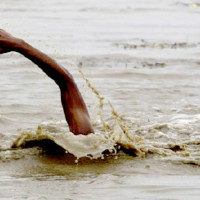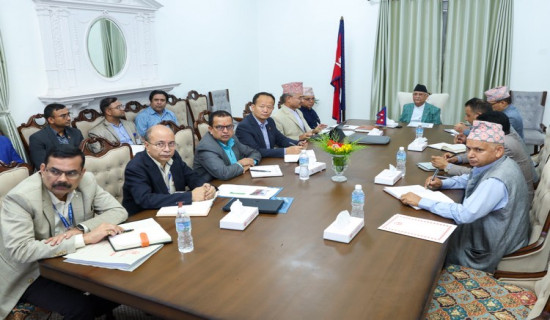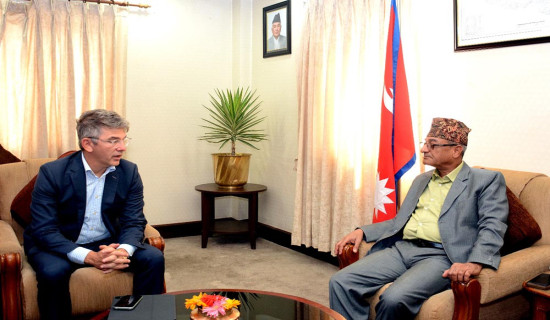- Saturday, 7 September 2024
Health Department issues alert against Japanese encephalitis risk
Kathmandu, Sept 6: The Department of Health has urged one and all to take precautions against the Japanese Encephalitis (JE), citing the prevalence of its high risk.
Dr Abhiyan Gautam, Chief of the Child Health and Vaccination, Family Welfare Division, said the time between August 31 to October 1 is considered a vulnerable period for the infection. This season is conducive period for the breeding of culex mosquito in stagnant water and the virus of JE is transmitted to human by a mosquito that bit an infected pig or duck. However, it is not transmitted via human to human.
The infection risk is high from mid July to mid-November. Since January 2024, the National Public Health Laboratory reports 42 infections from the 680 samples tests.
Six people have already died from it in Kailali, Chitwan, Sarlahi and Sunsari from the JE virus. Normally, 6 to 16 days since the mosquito bite is a window period for the infection.
The government has vaccinated children completing 12 months against JE since 2016.
Dr Gautam said those children who missed the vaccine in 12 months will be administered vaccine up to five year.
Children below 15 are more vulnerable to the infection.
Severe headache, high fever, paralysis, sore throat and seizure are among the symptoms of the infection
The Department has advised the public to use the mosquito net while sleeping, stay away from ducks, hens and pigs; wear full-sleeve garments while working outside, place nets in house doors and windows, and leave no space for stagnant water around homes in order to prevent the mosquito bite and the infection.(RSS)



-original-thumb.jpg)


-original-thumb.jpg)






-original-thumb.jpg)


